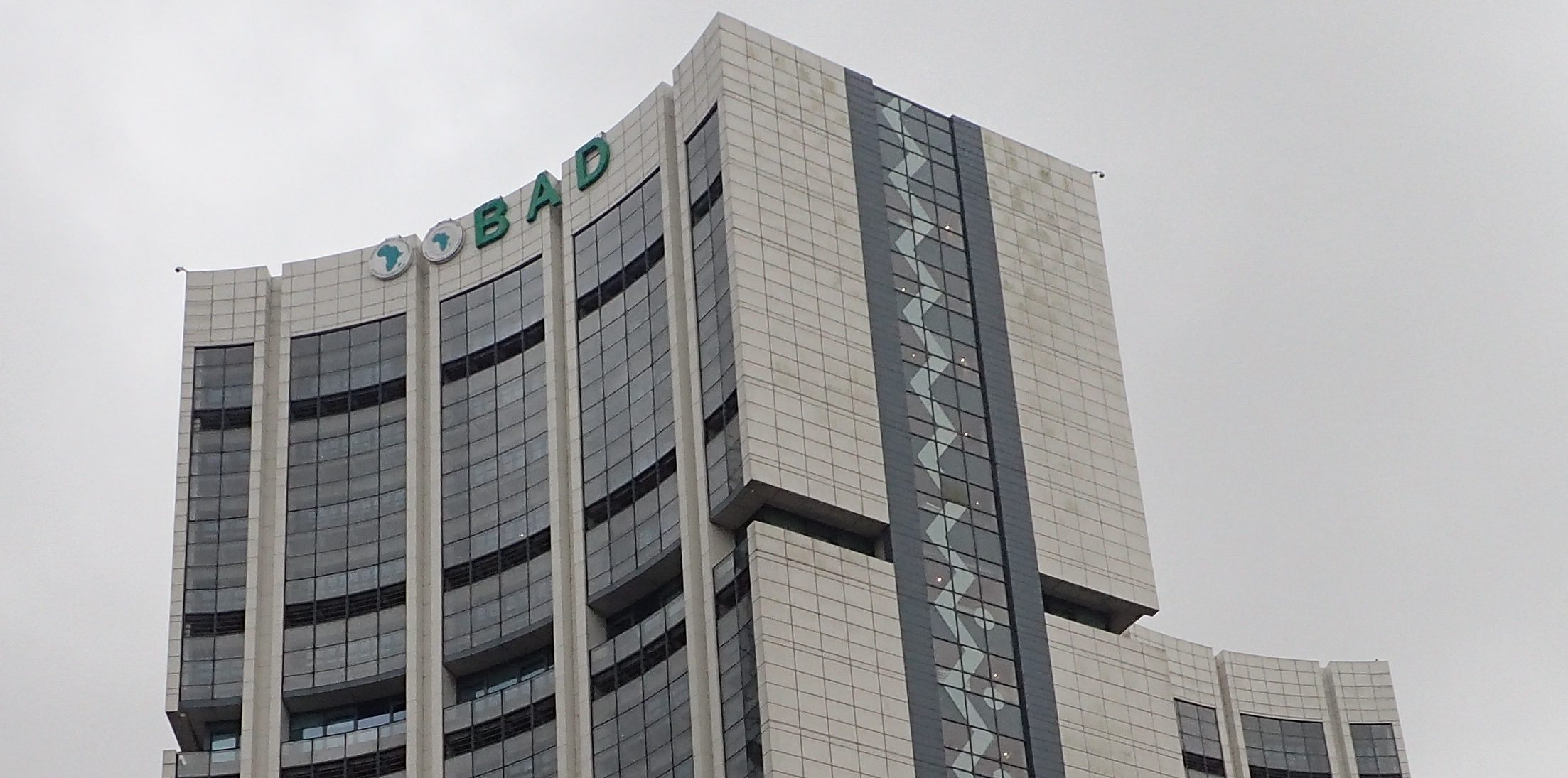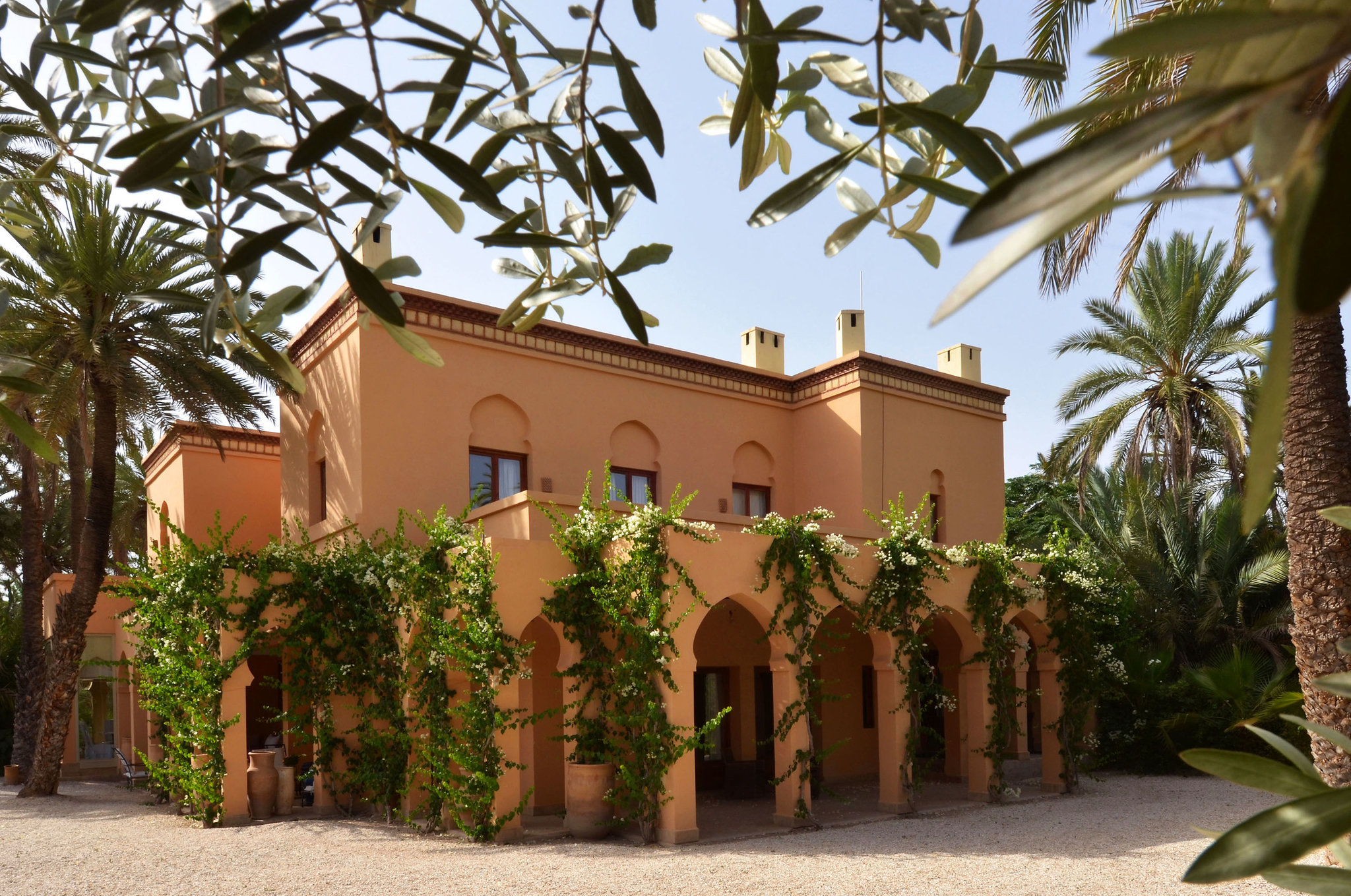

Africa’s real estate market is evolving, fueled by urbanization, demographic shifts, and economic resilience. Following the disruptions of the COVID-19 pandemic, the market is rebounding, with key sectors such as residential, industrial, retail, and office spaces showing strong recovery. However, this recovery is uneven, with countries like Tanzania, Kenya, and Côte d’Ivoire showcasing varying trajectories of growth and innovation. This article explores how African nations are navigating their unique challenges and seizing opportunities to build a sustainable real estate future.
Emerging Opportunities in Real Estate
Tanzania represents a dynamic but challenging real estate market, reflecting broader trends across Africa. With urbanization driving demand for housing and commercial spaces, the country is grappling with a significant gap in healthcare infrastructure. Experts estimate that an additional 144,000 hospital beds, costing $47 billion, are needed to meet the country’s growing needs. This creates a compelling opportunity for targeted investments in healthcare real estate.
Dar es Salaam, Tanzania’s economic center, is at the forefront of this transformation. Investments in port infrastructure are positioning the city as a logistics hub, while retail developments cater to the expanding middle class. However, the residential sector faces affordability challenges, highlighting the need for innovative financing solutions to address demand.
Shaping Consumer Experiences
Across Africa, the retail sector is shifting from informal markets to modernized, experiential spaces that cater to evolving consumer expectations. In Uganda, cities like Kampala and Entebbe are leading the charge, with over 300,000 square meters of formal retail space developed in recent years. Developers are integrating shopping with entertainment, creating spaces that go beyond traditional retail.
Côte d’Ivoire’s retail scene in Abidjan is among the most advanced in Francophone West Africa, blending local brands with international names like Carrefour. In Tanzania, the growth of formal retail spaces is intertwined with rising urban incomes. However, the sector must address the challenge of balancing modern consumer aspirations with affordability, a concern echoed across markets such as Ghana, where currency volatility has impacted retail rents.
A Tale of Diverging Dynamics
Africa’s residential market is a reflection of its diversity. While urbanization continues to drive demand, affordability remains a widespread challenge. Tanzania’s housing sector exemplifies these issues, with a pressing need for creative solutions to expand access to affordable housing. Egypt’s “Housing for All” initiative offers a successful model, leveraging subsidized mortgages to make homeownership attainable for lower-income families.
Elsewhere, countries like Botswana are thriving in the luxury residential space, attracting international buyers through favorable reforms. Kenya’s prime residential market, driven by expatriate demand, underscores the need for a nuanced approach to cater to different segments of the population. Across the continent, developers are adopting mixed-use developments to meet the lifestyle needs of modern urban residents.
Powering Economic Diversification
Industrial real estate is fast becoming a pillar of Africa’s economic diversification. In Tanzania, investments in the Dar es Salaam port have strengthened its position as a trade gateway for East Africa. The growing demand for industrial parks and manufacturing facilities underscores the country’s potential as a logistics hub.
Kenya’s Special Economic Zones (SEZs), like the Nairobi Gate Industrial Park, demonstrate the value of integrating advanced logistics with sustainability. Botswana, too, has drawn significant investment through policy incentives, with projects like De Beers’ $1 billion mine expansion boosting its industrial profile. In West Africa, Côte d’Ivoire’s PK24 zone is a notable example of how state-of-the-art logistics infrastructure can attract global partnerships.
Evolving with the Workforce
The shift in work culture is reshaping Africa’s office real estate sector. Demand for Grade A office spaces that prioritize sustainability and employee wellness is on the rise. In Uganda, refurbishing older buildings to meet these standards has significantly increased occupancy rates, demonstrating the value of ESG-compliant designs.
In Tanzania, Dar es Salaam is witnessing a growing demand for flexible co-working spaces that cater to startups and SMEs. Similar trends are evident in Kenya’s Westlands area, where adaptable office environments are gaining traction. These developments reflect a broader trend toward flexibility and sustainability, aligning with global shifts in workplace preferences.
Challenges and Pathways to Growth
Despite its potential, Africa’s real estate sector faces considerable challenges. Macroeconomic instability, inflation, and political unrest continue to impact growth. Nigeria’s inflation rate, which peaked at a 15-year high in 2023, has curtailed consumer spending, particularly in the retail and residential sectors. Political instability in regions like Sudan and Ethiopia further complicates investment prospects.
However, these challenges also highlight areas of opportunity. Urbanization is creating an unprecedented demand for infrastructure and housing, while technology is reshaping the design of healthcare and educational facilities. Tanzania’s healthcare infrastructure gap, for instance, presents a unique opportunity for transformative real estate investments. Sustainability initiatives, such as green building certifications, are also gaining momentum, offering long-term value for developers and communities.
Pioneering a Sustainable Real Estate Future
Africa’s real estate landscape is at a critical juncture, with countries like Tanzania, Kenya, and Côte d’Ivoire paving the way for innovative solutions and sustainable growth. From healthcare infrastructure to retail modernization and industrial diversification, the continent’s potential is immense. For investors and developers, the key lies in embracing localized strategies, leveraging technology, and prioritizing sustainability.
As Africa continues to urbanize and evolve, its real estate sector will remain a cornerstone of economic growth, contributing to a more inclusive and prosperous future. By navigating challenges with creativity and foresight, stakeholders can unlock unparalleled opportunities, shaping a real estate market that meets the needs of today while preparing for the demands of tomorrow.
Source: Insights from KnightFrank.com – The Africa Report – 2024-25


